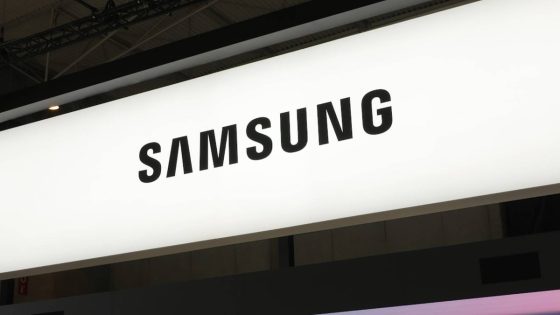A story for $1.8 billion in damages: An ex-Samsung employee accused of selling RAM intel to China،
A story as old as time: a man works in company “A” and has a pleasant and well-paid job; but then, out of the blue, Company “B” enters the scene. “B” offers so much money for “A”’s secrets that our protagonist simply can’t resist. He changes sides. And then he is arrested and charged. The end. This is Kim's story. So far, there's no confirmation if it's a real name (or an alias), but his criminal woes are very real (via SamMobile).
According to the latest reports, Kim is a former Samsung employee who was issued an arrest warrant because he was accused of leaking Samsung chip technology to a Chinese company. Korean media reports that Kim was previously head of the department at Samsung.
Kim was charged by prosecutors with violating the Industrial Technology Protection Act, officials said. The former Samsung employee was accused of stealing information from Samsung related to the 16-nanometer DRAM semiconductor and selling it to Chinese semiconductor maker ChangXin Memory Technologies (CXMT).
People familiar with the matter say the leak of Samsung's 16-nanometer DRAM technology is worth about 2.3 trillion won ($1.8 billion) in damages.
Tom's material provides insight into Kim's wrongdoing: apparently, he retired in 2016 and then went to work at CXMT in China. He was reportedly employed full-time at Samsung. CXMT reportedly paid Kim “several million dollars in annual salary,” which seems “extraordinary.” It is claimed that Kim shared his experience and technology in semiconductor deposition technology.
Another person was also arrested – Bang, who is simply described as a “former Samsung subcontractor”.
The two suspects (Kim and Bang), residing in China, recently returned to South Korea and were promptly arrested for violating South Korea's Industrial Technology Leakage Prevention and Protection Act.
















